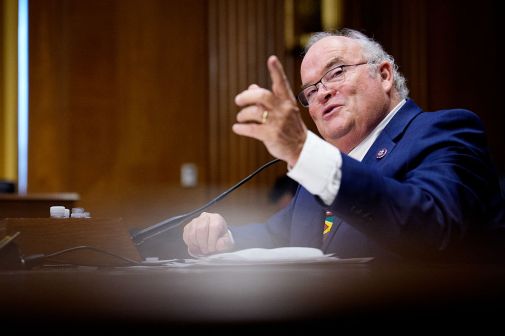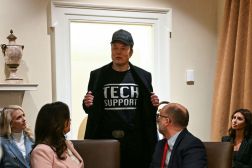GovTech startups association? The ‘devil [is] in the detail’

The founder of nonprofit government technology advocacy group Code for America wants someone to create an industry association for “Gov 2.0 Startups” that could help new entrants in the field find their footing. But how practical would that be?
A GovTech 2.0. startup association is a “function I’d love for Code for America to serve in a perfect world, but we’re not doing it now and someone should. Perhaps 2016 is finally the year?” Executive Director Jennifer Pahlka wrote in a blog post that lays out her wish list of things that could make governments work better in the new year.
The idea’s not new. Pahlka herself points out that it was first proposed in 2012 by self described “public policy entrepreneur” David Eaves. “How his vision hasn’t materialized yet is beyond me.” she wrote.
That set FedScoop wondering: Is it hard to create an association?
Technically, it’s not, said John H. Graham IV, the president and chief executive of the American Society of Association Executives in Washington, D.C.: Would-be association members just have to file paperwork with the IRS and the state, and make sure they have the right number of volunteer board members. What can be tricky, he said, is figuring out why the group is coming together to begin with.
“At the end of the day, you have to have a value proposition that people are willing and able to pay for,” he said.
He said members of a prospective association have to ask themselves whether there are other organizations doing or trying to do what the new group wants to achieve. Also, they have to determine how to monetize the group — what activities the group will undertake and what will members pay for those activities?
“That really becomes the devil in the detail in order to have an appropriate critical mass to call yourself an ‘association,’” he said.
In her blog post, Pahlka said a government technology startup association could advocate for the interests of their startup members. She also noted that Eaves had proposed “joint procurement and marketing as two possible benefits” of the group. But Graham said that bundling products like that could be tricky legally.
“You have to be careful with that you don’t run into anti-trust or price-fixing issues,” he said. He added, “If they’re coming together to do that, that might lend itself more to a joint-venture as opposed to an association.”






